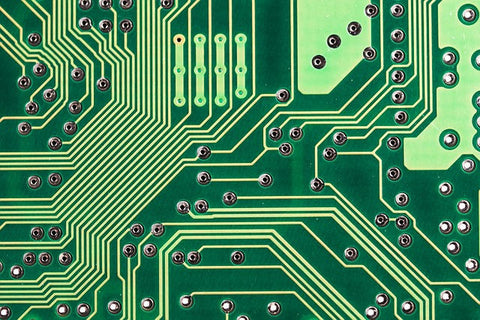Contactless payment, contactless theft. That's the way to describe the new NFC technology.

Obviously, there is no argument about the benefits of NFC technology. Doors open, no long lines at check-out, important documents are monitored and much more. But the concerns of many consumers are increasing.
How does near field communication work?
Maybe now, just like me, your are scared. Obviously, if the radio waves can be received by the bank terminal, a data thief may intervene to use your data for itself. As a buyer, for example, you do not notice that your data has been read out, because the transaction runs without a problem.
Data thieves on the rise
These criminal groups are particularly fond of living in busy areas such as airports or large shopping centers.
Can you protect yourself from data thieves?
If you have more than one card, keep it all together. Experts say the bundled transmission of radio signals can confuse the readers. The reception is disturbed and the data can not be read out. The problem lies in the "can confuse". You want to know your data for sure. Always and everywhere!
The NFC / RFID Blocker Protection Card for Purse

The card itself is the size of a bank card and is not stronger than 0.8 mm. Simply put the NFC / RFID Blocker protection card in your wallet and your data is safe wherever you go. Among other things, the pass also protects your passport and identity card from outside access.
Other options offered on the market
Another option that has been well received by the market are covers made of specially coated aluminum foil. The coating ensures that the radio signals of your cards can not be sent out.
Did you know
Although a limit of 25 euros is set for contactless payment, this security is deceptive. Once the thieves have approached your credit card details, software is already waiting to break this limit. Buy the thieves online, so the maximum limit does not exist!
The problem of RFID chips

RFID chips have only one function to fulfill: To send. The problem with this is that once activated, they always send and can not be turned off. This is called a passive RFID transponder and what you transmit is your sensitive data. Since no physical contact needs to be made, it is almost impossible to determine when a data exchange is made. The end user is unaware until, for example, he checks his bank statement or other personal information appears where it should not be. This is called an identity theft. The problem is, if you do not know that someone is hacking about your personal information, you can not do anything about it.
Experts in the field therefore suggest that you take action to prevent data theft. Investing in your privacy is almost inevitable with the increasing data theft.
The fact that your bank account has been cleared away and other sensitive data has been resold to the highest bidder is unfortunately only one side of the coin. In addition, the time and expense of getting new bank cards and a new passport issued. In most cases you even have to prove that you have used the card properly. In addition, such incidents can damage your reputation.
Conclusion
Although you have already done everything in your power to protect yourself from data thieves, it may not always work. It is important that you check all your charges at the end of the month. If you discover an unauthorized charge, it is essential that you contact your bank immediately. The unauthorized amount should be returned and your card blocked.

